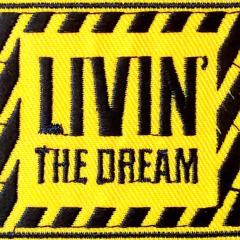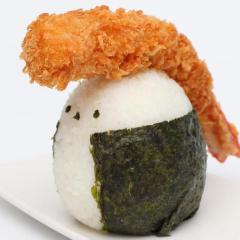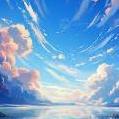Breakfasts
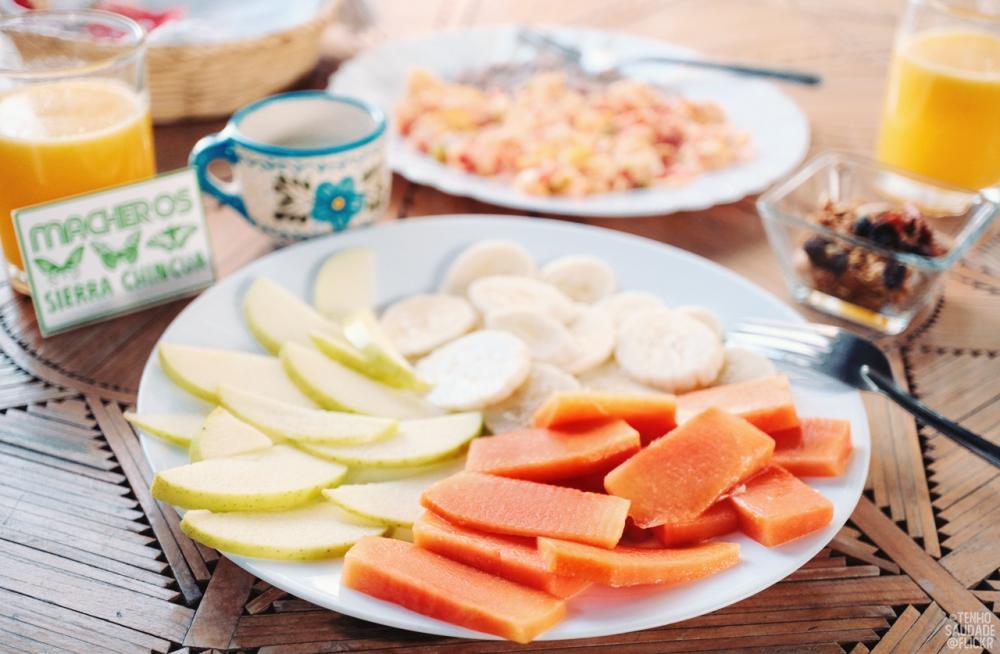
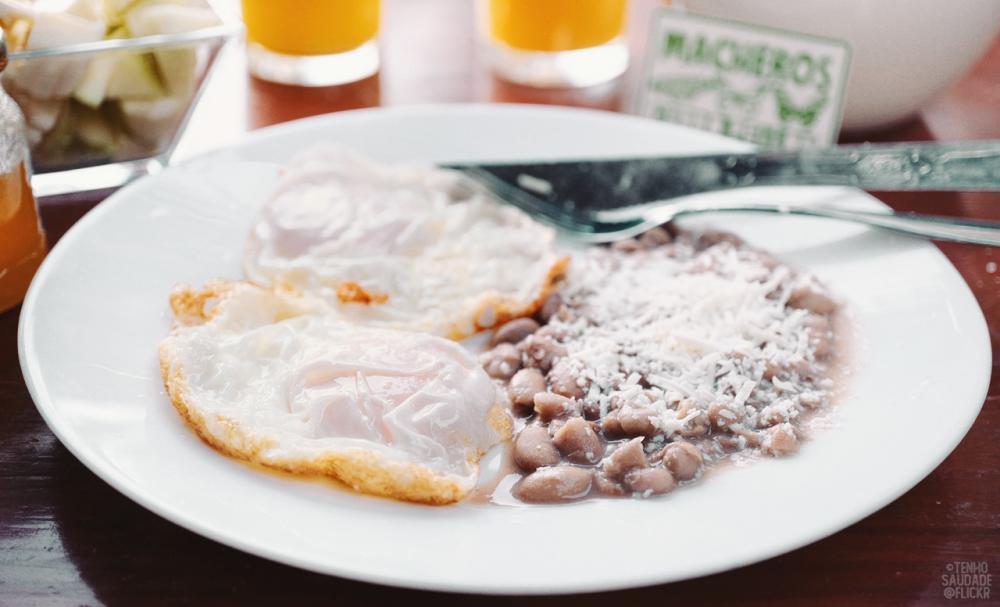
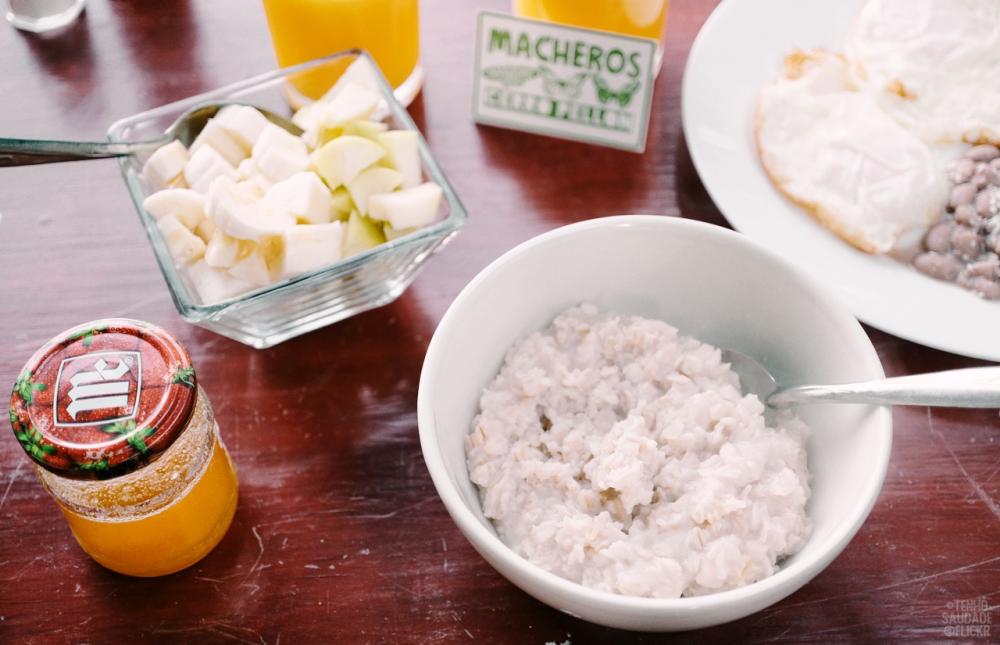
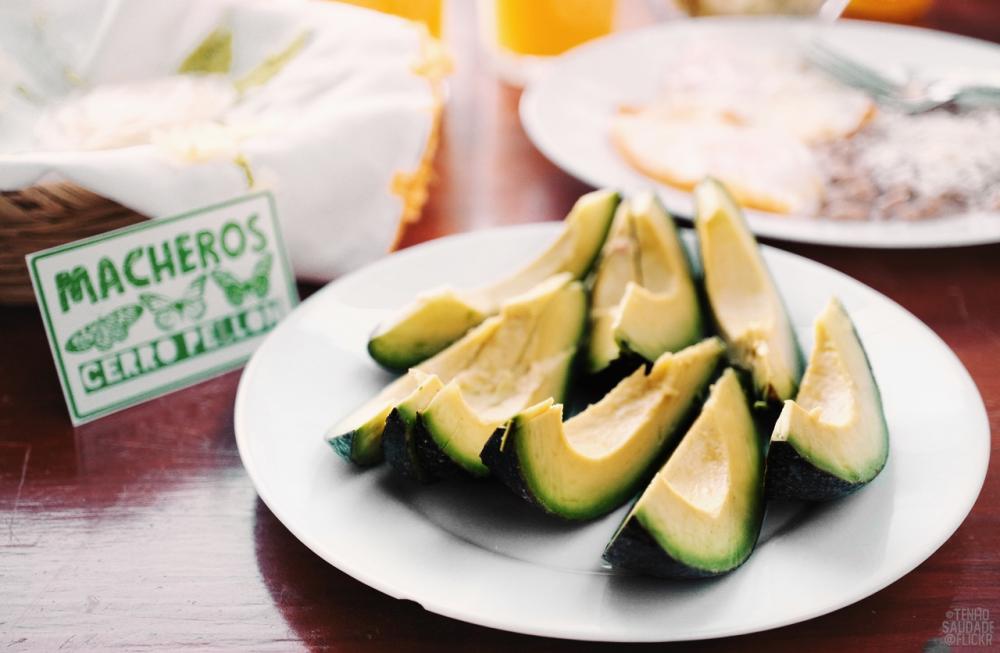
Today's visit to another monarca sanctuary at Cerro Pelon.
First we walked to the start of the trail, which is right in the village here. Everyone got on their horses and the horse-handlers walked with their horses, either between 1 or 2 horses to the start. The trail got rough almost immediately. Again, ankle deep in fine sand, a mini dust storm with every step the horses made. Now imagine 20 horses in row. I wore a face mask and it turned brown like the dust. A lens cloth for cleaning my spectacles also turned brown, but I didn't find out until I got back and sat down to clean my glasses.
Anyway, it's a rough ride. The trail, besides being very dusty, is also rocky. I trusted the horse-handler and his horse with my life. My horse is not very experienced or maybe not very bright. I was afraid it would put a foot wrong, literally, and take a tumble. One hour going down and a little more than one hour going up. I held my breath all the way down, focusing all my energy on not falling off my horse. Luckily, he responded well to his owner's certain sounds and words/phrases. What an experience. Glad I did it.
That's Cerro Pelon where the colony is located. Altitude is 3000+ metres. Monarcas choose these specific areas and altitude to overwinter so you must go high up there to see them. But when they arrive on the first of November the mountains are still cold you can already see them everywhere in the villages and towns.
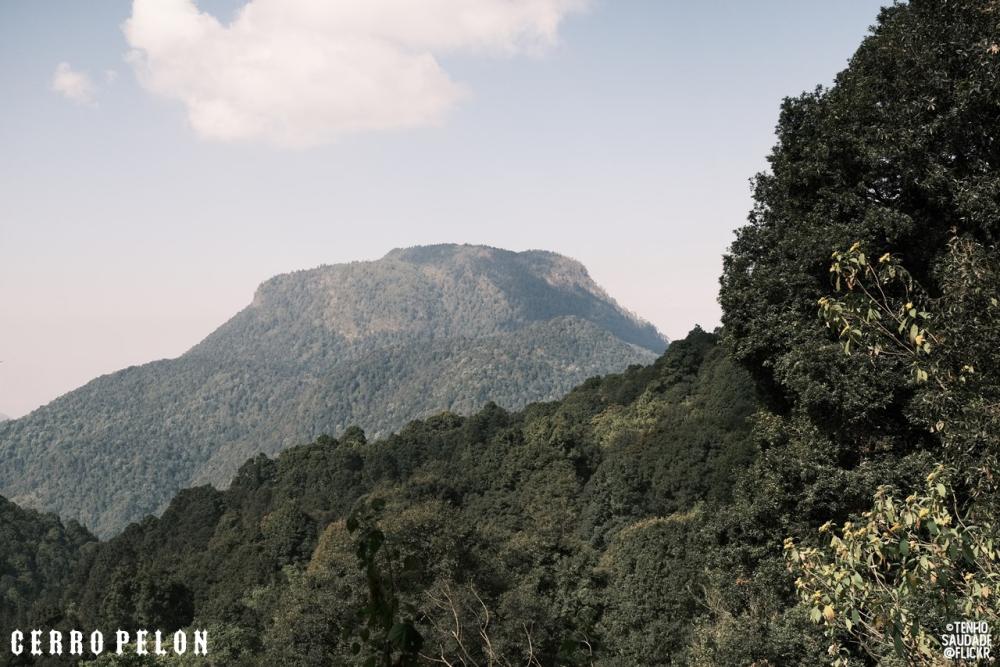
Clusters of monarcas on branches. As soon as the sun came out they started opening their deep orange wings. And when the sun disappeared (being blocked by clouds) they closed their wings. It went on and on like this for some time.
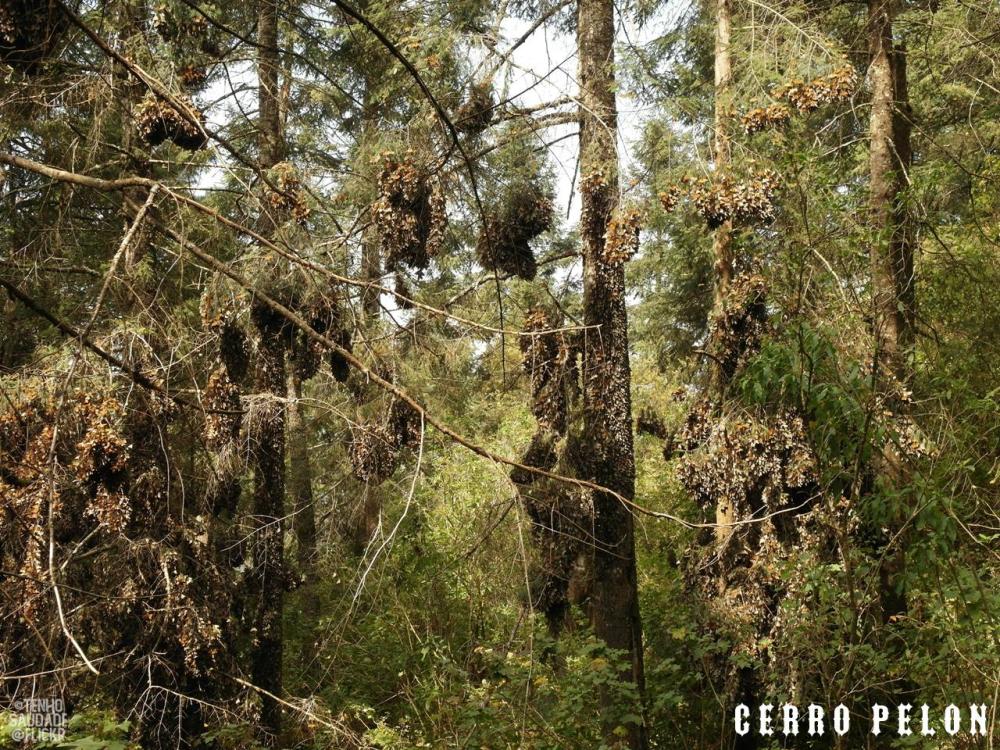
The clusters when zoomed in a little more
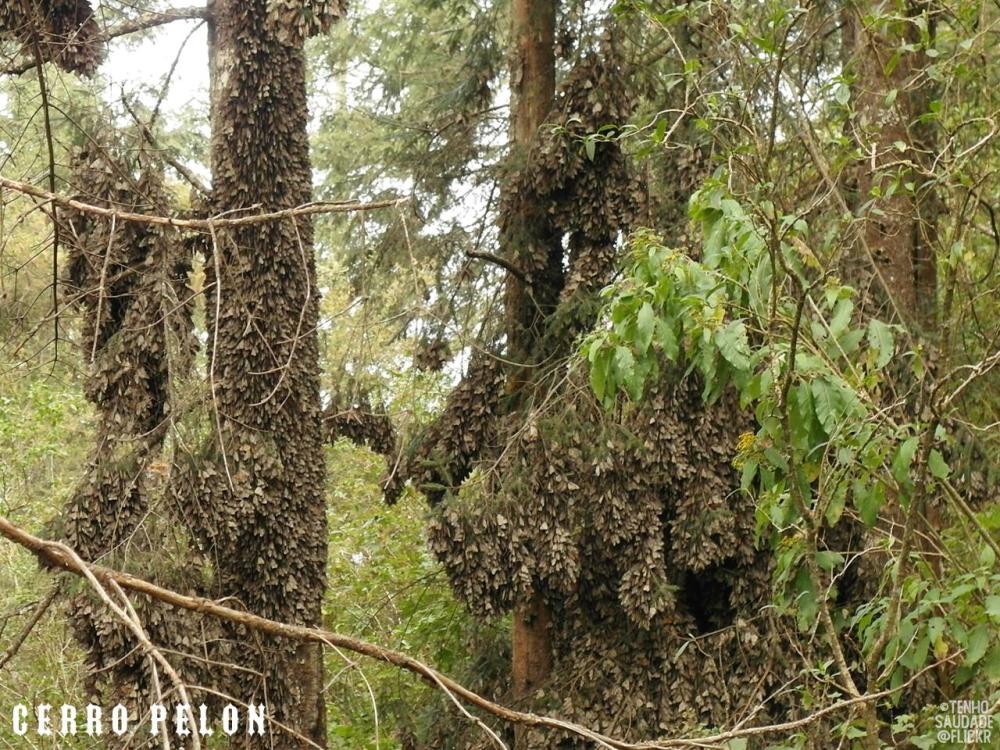
The Sheriff, aka my horse. A metal badge on his head is a sheriff star. He gave me a few frightening moments when he wanted to take a different path or just being wayward.
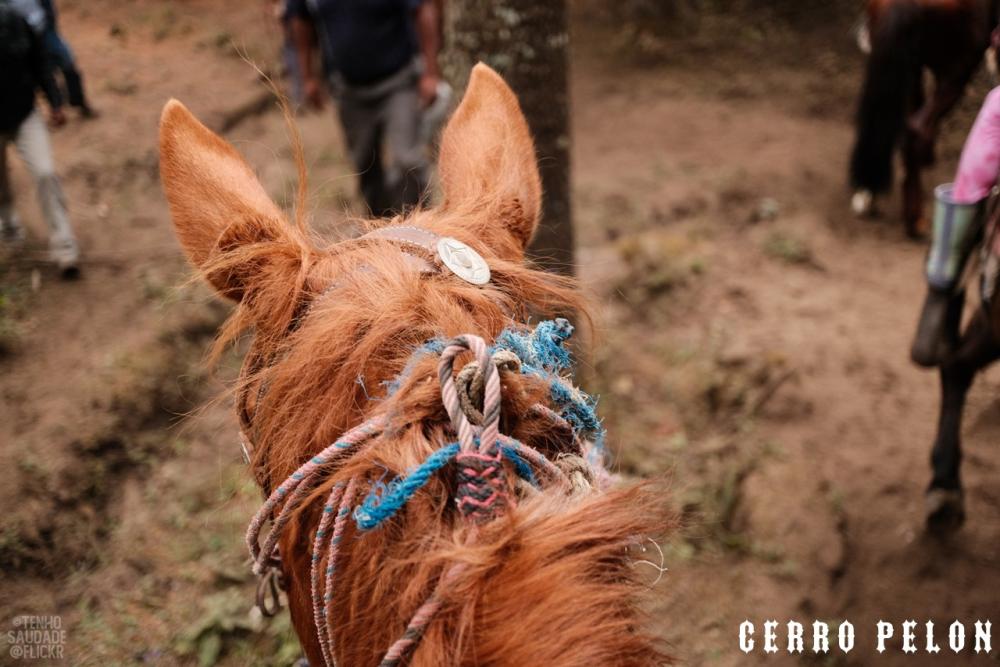
My very skilled horse-handler, young Alejandro. I gave him a nice tip. He worked so hard with the horses getting me to the colony and back safely. No specialised footware, in control of 2 horses, walked the trail without stopping. It's steep and rough. It took a lot out of me (anxiety-inducing trail, lots of pain after the rough ride). I just wanted to take a photo of the horse but he posed for me anyway.
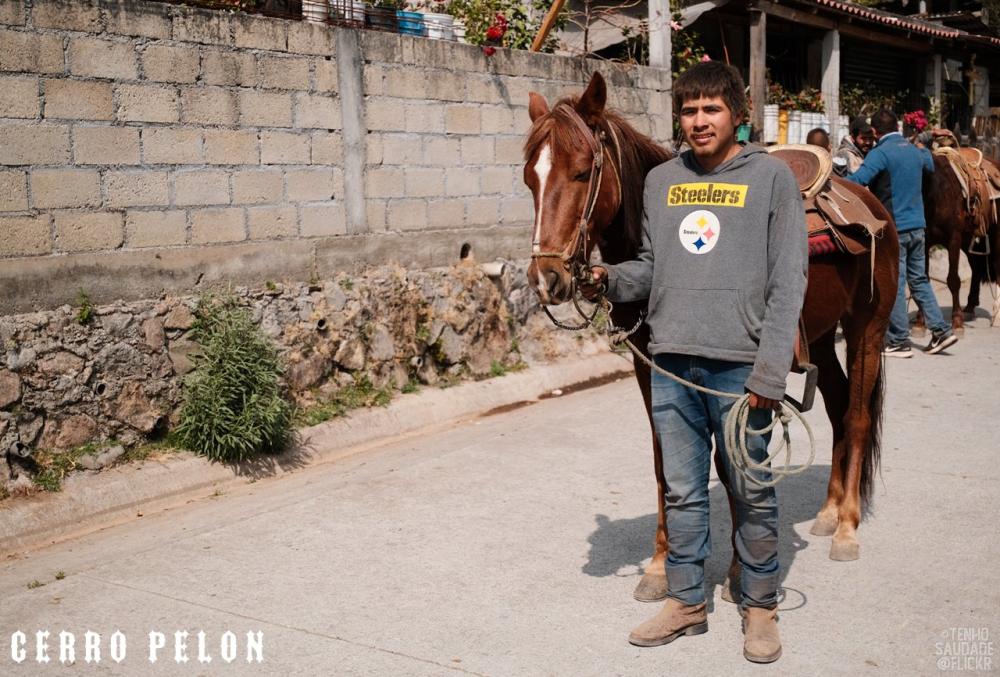
Food after the horse ride. The guest house's restaurant has a small menu, everything is cooked home-style by female employees who live here in the village.
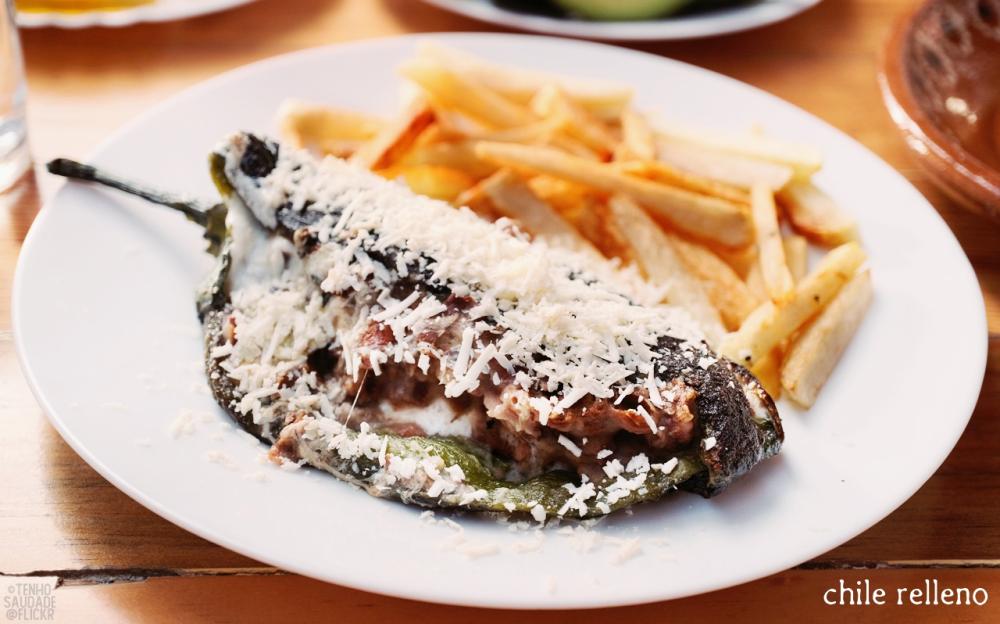
Filled with beans and cheese. No (red) sauce.
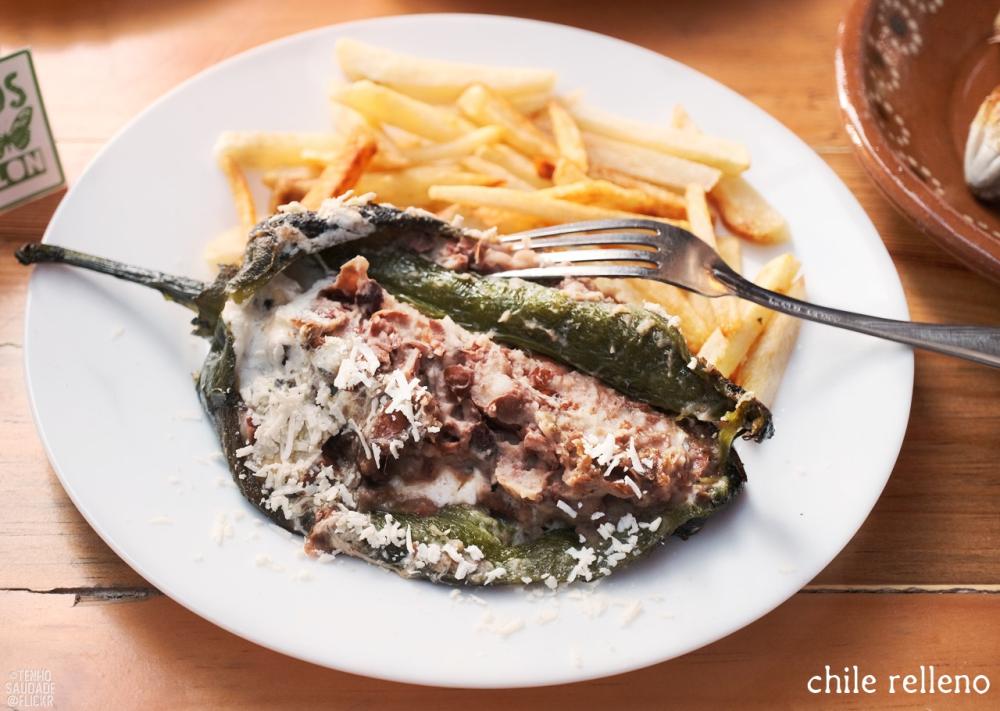
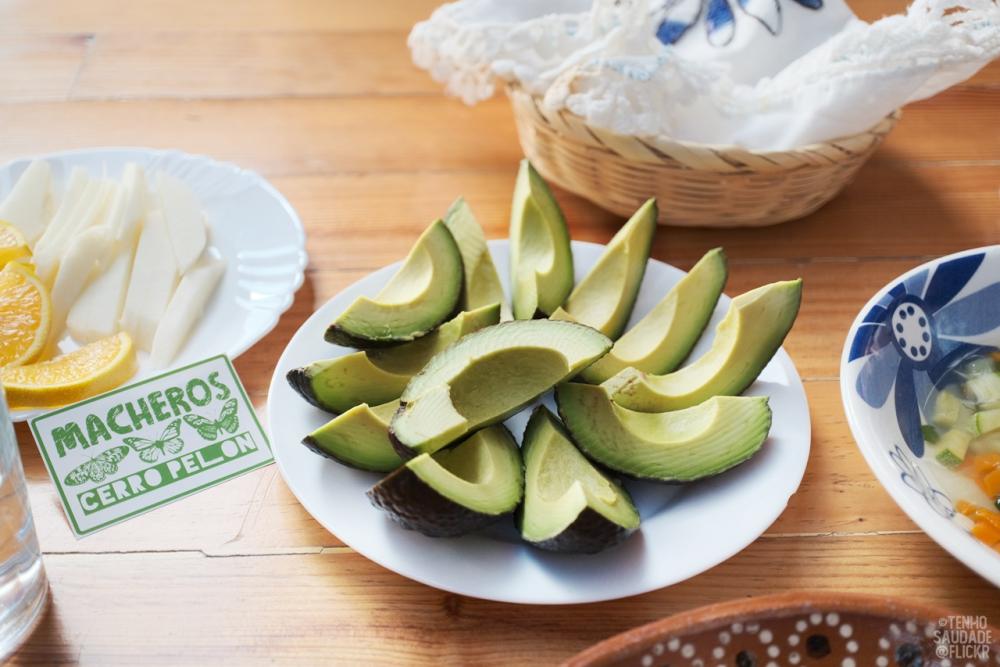
Fried trout with crispy garlic
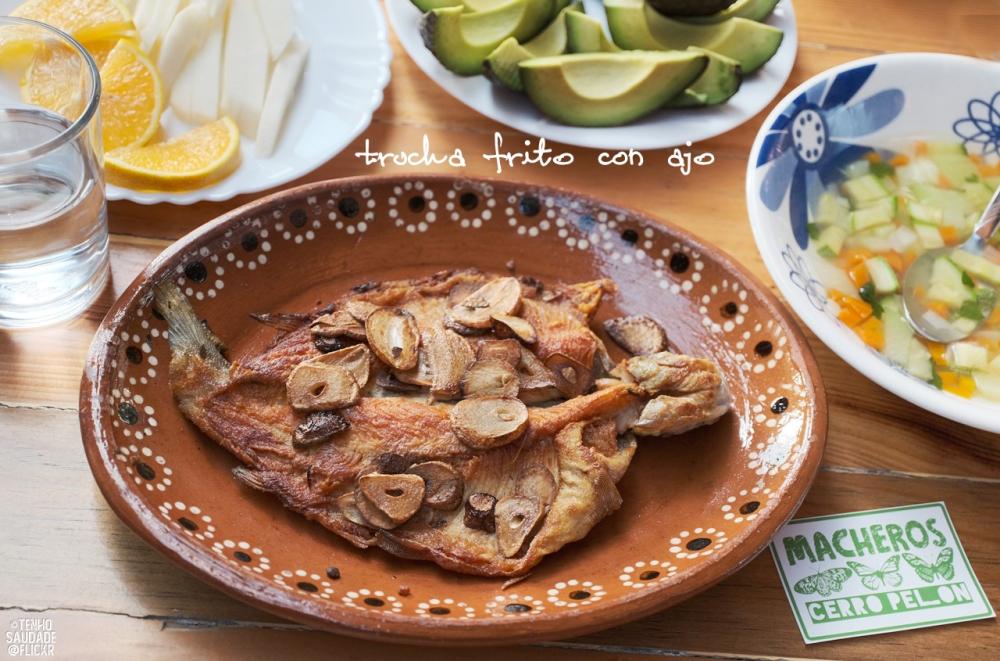
Some beers bought at the bus station in Zitacuaro and brought with us to Macheros to drink in our room.
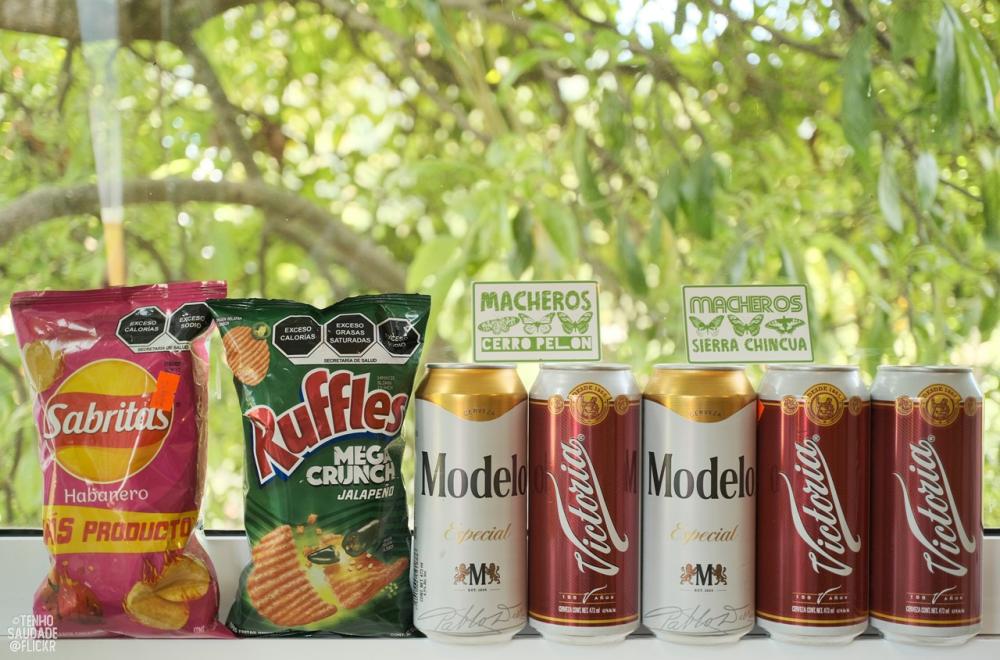
Macheros is a village of about 300 residents. Life here is simple and peaceful. Villagers still use horses on the farm. To be able to live here you had better be content with a simple life, have no health problems, and no carsickness. The next big town (of a few thousands) is half an hour away. The road to get there is endlessly winding with many speed bumps (if you don't have carsickness you might develop it here).
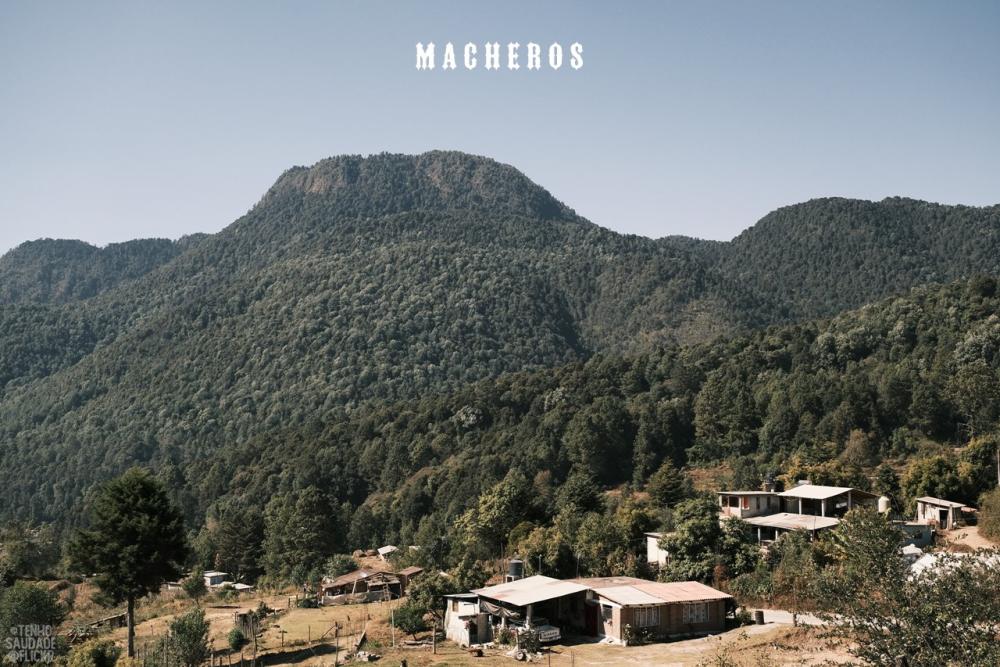
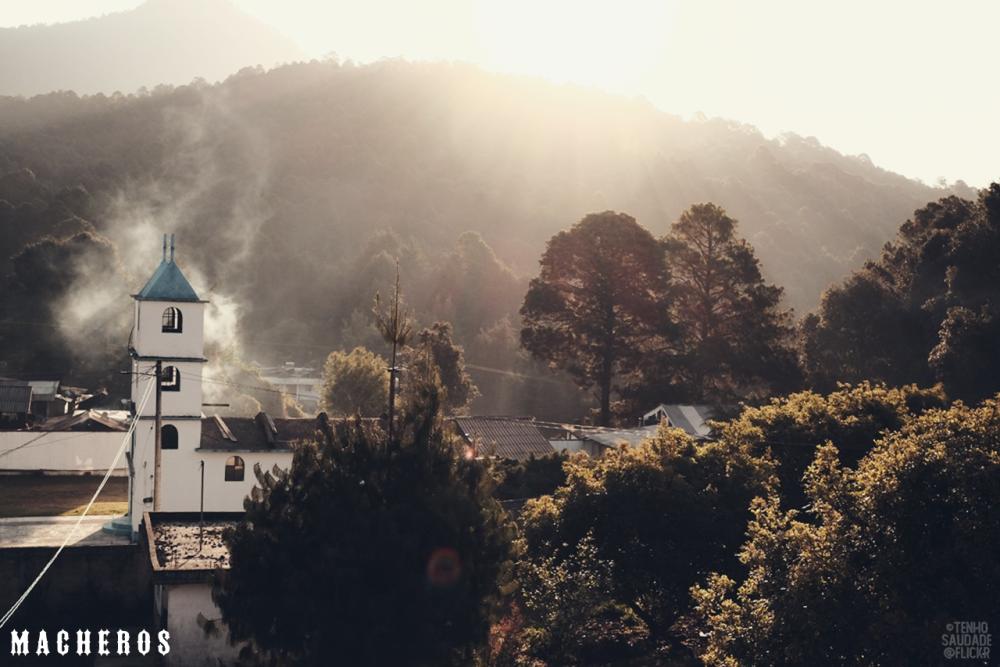
All the towns and villages in this region have monarca murals and paintings, entrance arches, monarca this and monarca that everywhere you look. The monarcas are much adored and also a source of income. Tourists like ourselves flock to this region in monarca season (November-March), and Mexican themselves are equally crazy about monarcas so they come here in droves.
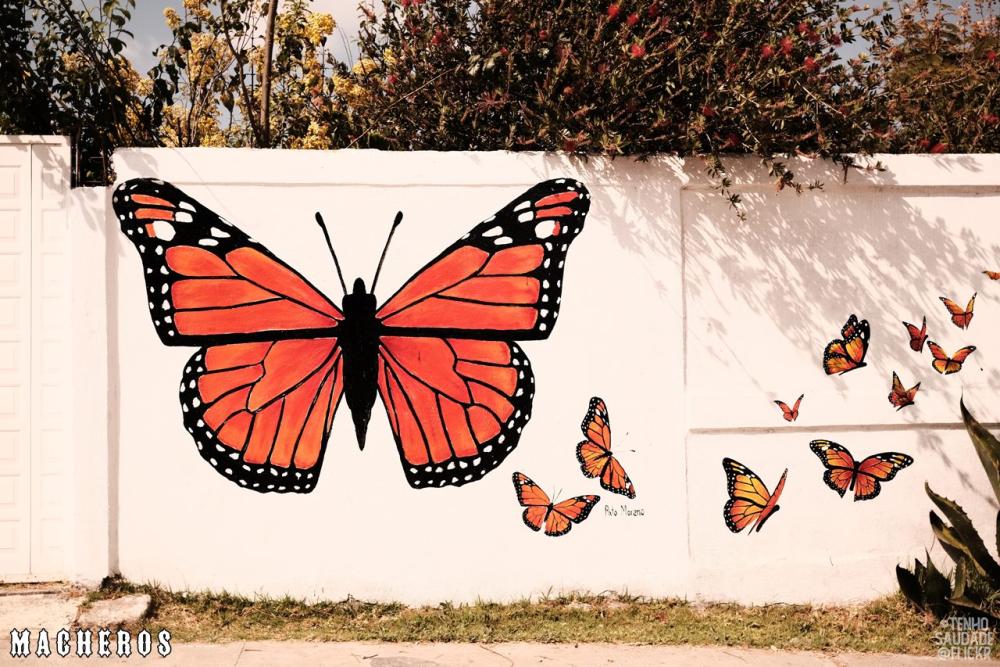
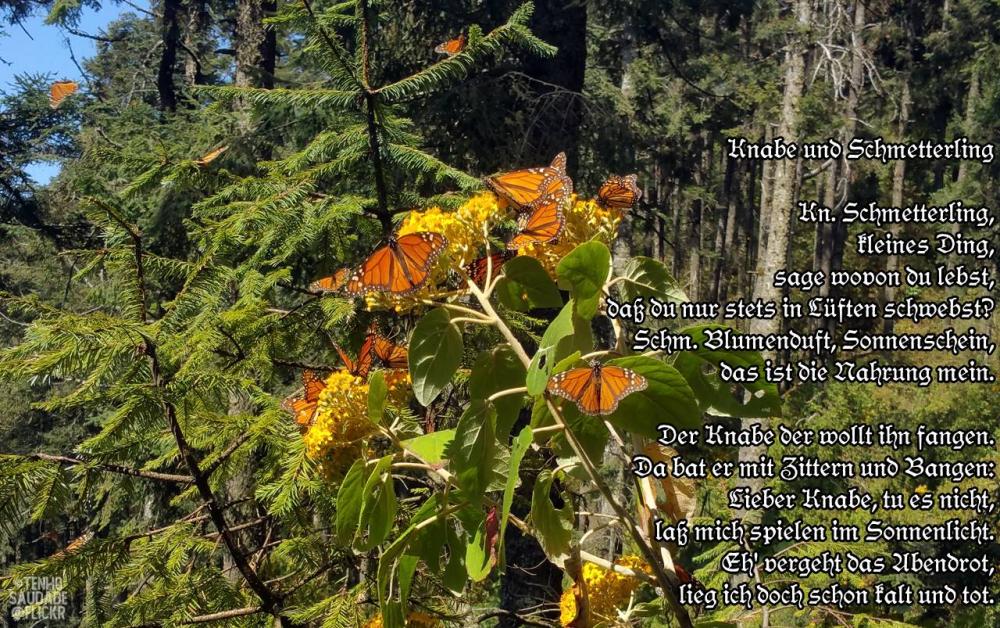
Knabe und Schmetterling (Wilhelm Hey)
Boy and Butterfly
Knabe: Schmetterling, (Butterfly,)
kleines Ding, (little thing,)
sage wovon du lebst, (tell me, what do you live on)
daß du nur stets in Lüften schwebst? (that you always float in the air?)
Schmetterling: Blumenduft, Sonnenschein, (Butterfly: scent of flowers, sunshine)
das ist die Nahrung mein. (that's my food)
Der Knabe der wollt ihn fangen. (The boy wants to catch him/the butterfly)
Da bat er mit Zittern und Bangen: (then butterfly asks with trembling and trepidation)
Lieber Knabe, tu es nicht, (dear boy, don't do it,)
laß mich spielen im Sonnenlicht. (let me play in the sunlight)
Eh' vergeht das Abendrot, (before the sunset passes)
lieg ich doch schon kalt und tot. (I'm already cold and dead.)

